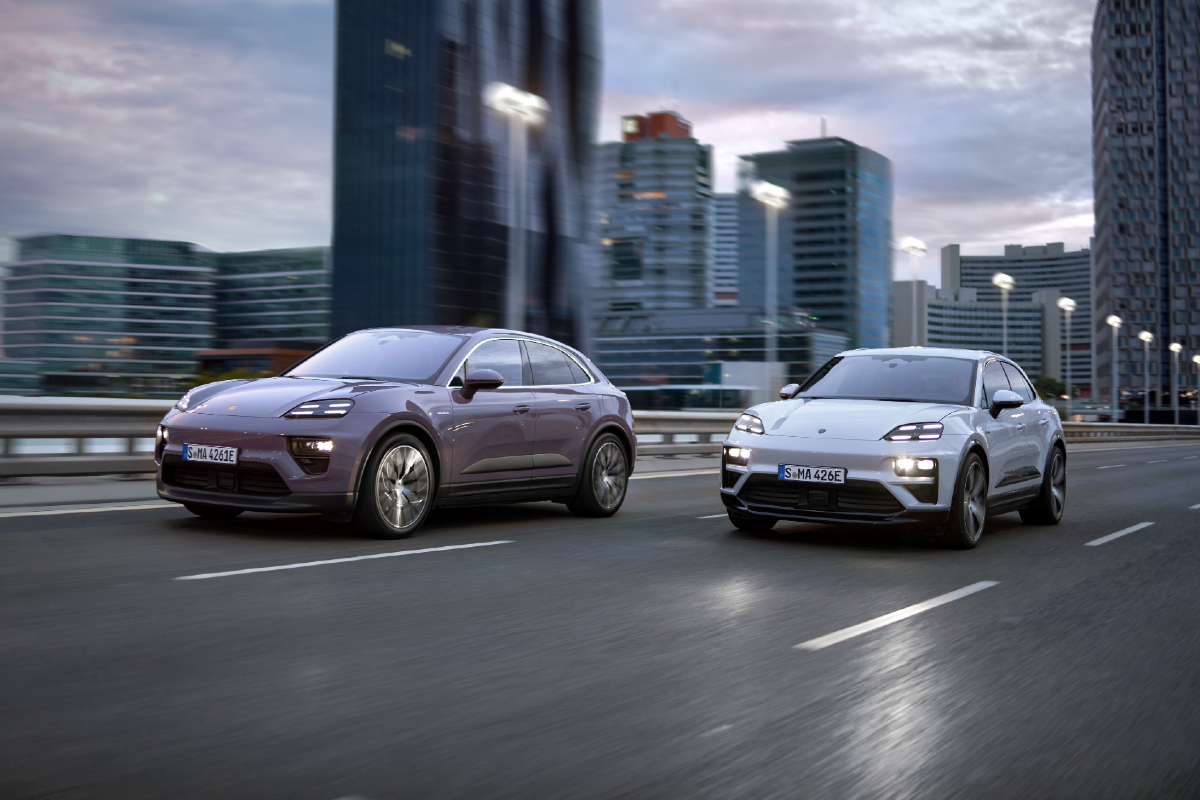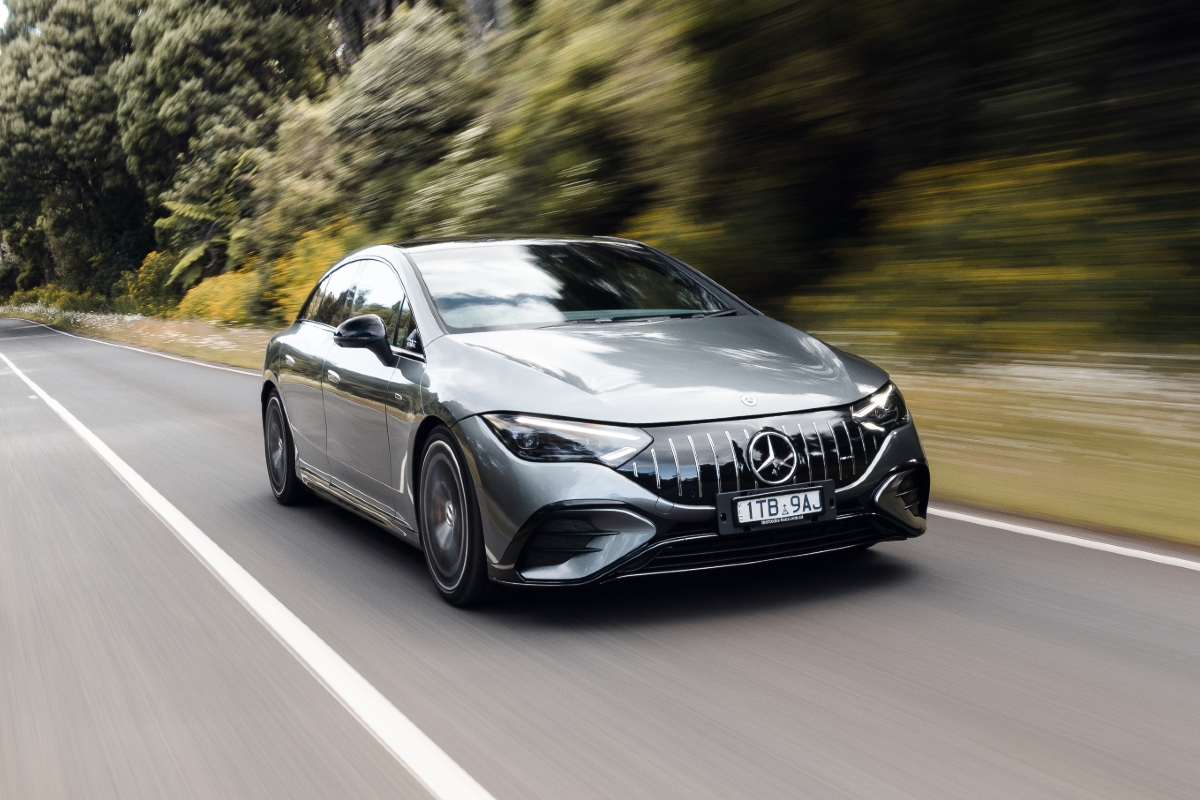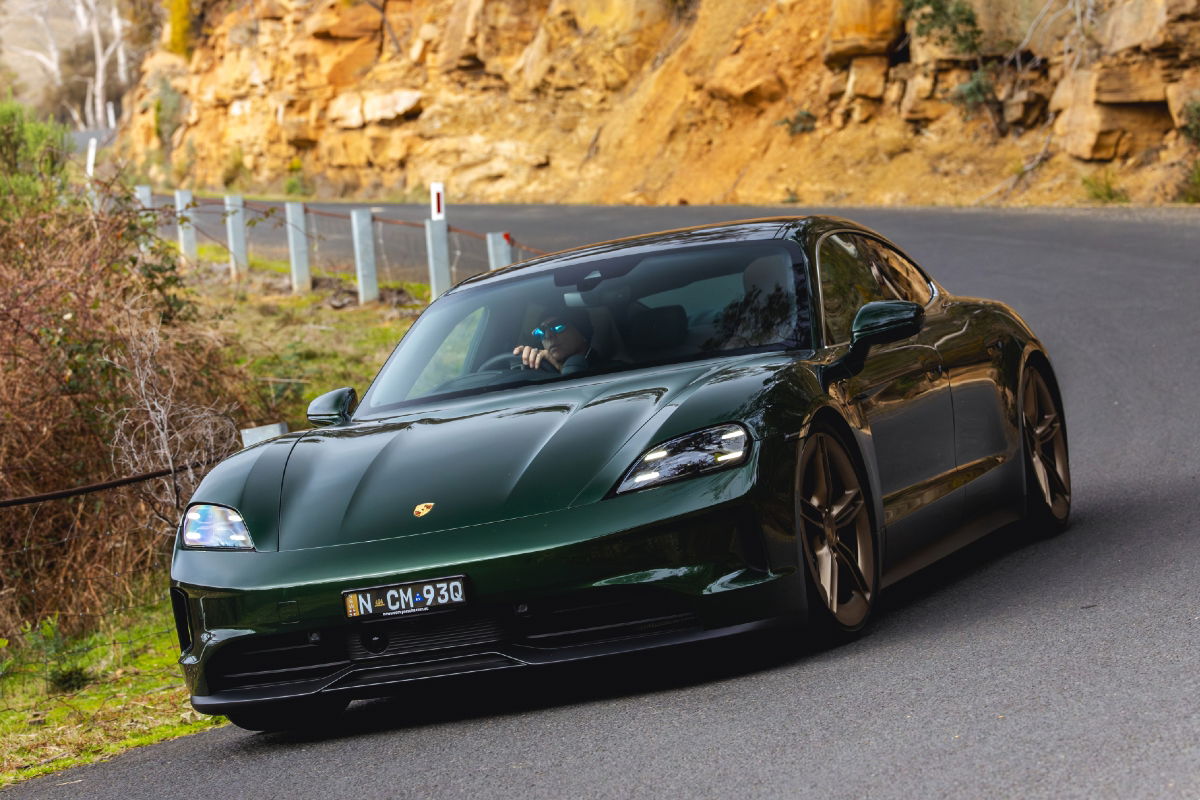
Electric vehicles are going to take over our roads and petrol stations will soon become historic relics… at least, that’s what we were told would happen.
The reality has been very different.
The surge in electric vehicles (EVs) has steadied, if not slowed, with internal combustion engines in one-form-or-another remaining the popular choice for car buyers. Put simply, the majority of customers aren’t ready to make the switch, regardless of the vehicles offered, and that is forcing a major rethink in boardrooms across the industry.
While brands such as Polestar and Jaguar are committed to going all-electric, come what may, others are preparing to pivot and change their model plans in the coming years.
Porsche is a prime example of this trend, with the German firm previously indicating that every model in its line-up, save the 911, would switch to electric power by the end of this decade – that now looks increasingly unlikely. In a recent conference call Lutz Meschke, Porsche’s chief financial officer, said demand for the Taycan electric sports sedan and the new electric Macan indicates the market simply isn’t ready to go all-electric.
“A lot of customers in the premium and luxury segment are looking in the direction of combustion-engined cars, there’s a clear trend,” Meschke said.
Instead models like the Cayenne and Panamera will remain petrol-powered and he even hinted that the brand would consider reverse engineering an internal combustion powertrain into the new Macan, as well as its upcoming flagship SUV, codenamed K1. Flexibility will be the key for Porsche moving forward, with plans to produce multiple powertrain options on the same production lines to meet whatever the demand is for.

“As for our electrified lineup, we are very flexible when it comes to our production footprint,” he said. “We can produce combustion engine, plug-in hybrids and electrified cars in one production line in Leipzig. When it comes to research and development, you’ll see more flexibility in the upcoming years. We will develop new combustion-engined derivatives [of the EV models] in order to give the right answer to customer demand.”
Porsche may have spoken the most plainly about this, but the German brand isn’t alone. Mercedes-Benz has begun using the phrase “tactical flexibility” to describe its plans for future models, not locking itself into one particular power source. That means instead of developing bespoke EV platforms, future models will likely continue with the modern trend of adapting an internal combustion engine architecture to accommodate an electric set-up.
Bently also announced recently that it will ditch its plans to go all-electric and instead focus on hybrids for the foreseeable future, even as it launches its first EV in 2026.
While all-electric vehicles will likely remain a hard sell in the short-term, hybrids are likely to continue to grow in popularity as car makers look to find a way to stay appealing to customers and also meet government emissions standards in key markets around the world.












Discussion about this post